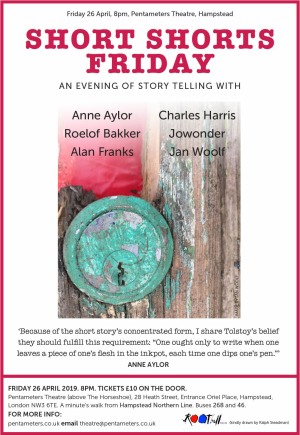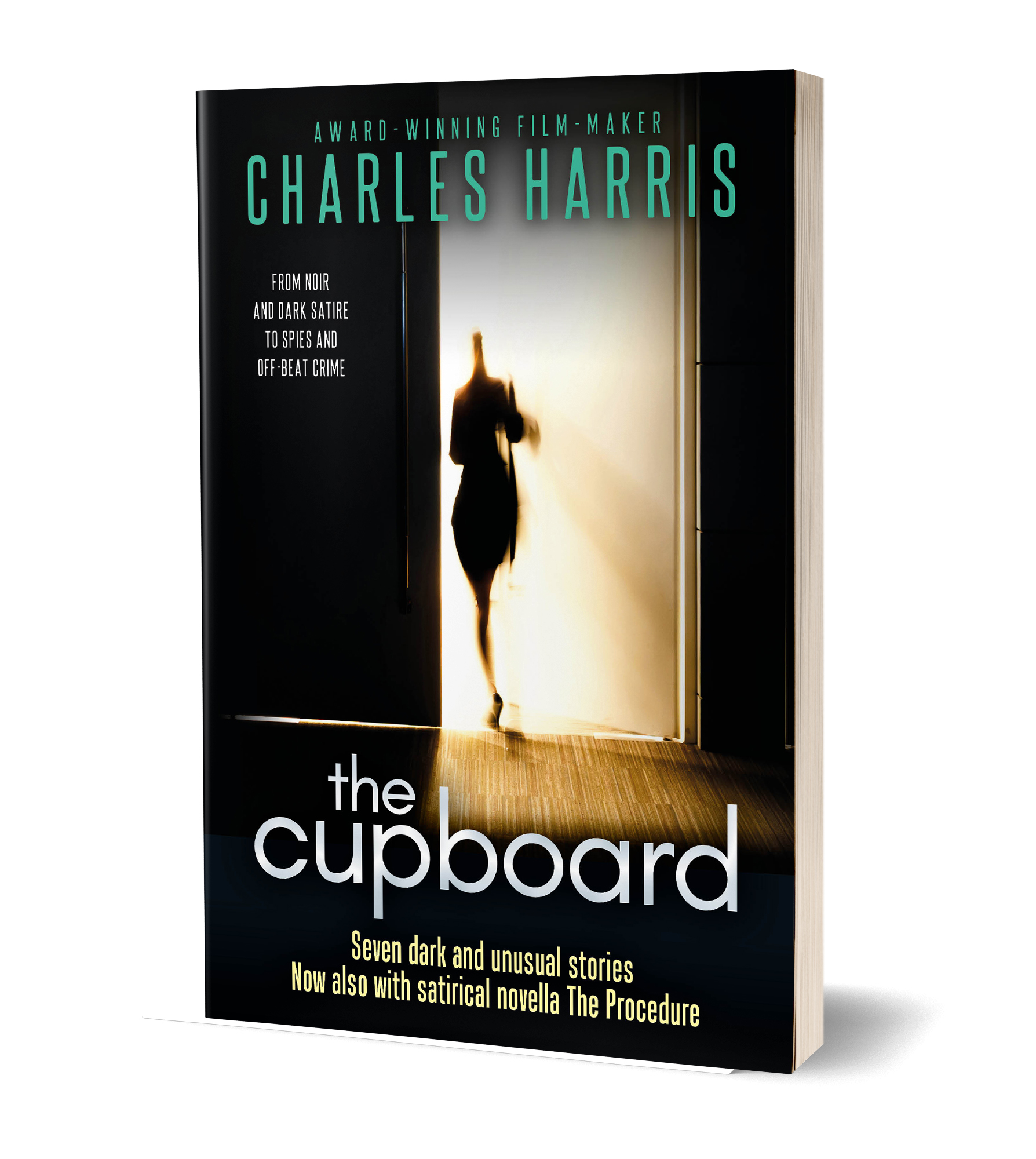Are we entering a golden age for short stories?
10 Wednesday Apr 2019
Tags
Body Parts Magazine, Cat People, Jowonder, New Yorker, Pentameters, Roelof Bakker, Weird Fiction Review
Are we entering a golden age for short stories?
There’s no doubt, short stories are having a moment. At their best, they can be jewels of literature – presenting a character, a feeling, often a profound story, with extreme precision.
However until recently, publishers have treated stories like a poor relation. But that is changing. Across the world something new is taking place.
A golden age for short stories
Just over a year ago, the short story Cat Person went viral. An event that was totally unprecedented in the industry.
Its author, Kristen Roupenian had, up to then, only one story accepted in a print literary magazine. The rest of her published work was available only in online genre venues, such as Body Parts Magazine and Weird Fiction Review.
Indeed Cat Person had already been rejected by every other publication before it was accepted by the New Yorker and published in December 2017. But the story (as it were) didn’t end there.
Within days it had been picked up on Twitter and then across other social media. People loved it and people hated it (the two things you need for anything to go viral nowadays).
It became the most downloaded story ever published by the New Yorker, probably the most prestigious magazine for short stories in the world. And after a bidding war, Roupenian secured a seven figure deal with for her debut book, with offers exceeding $1m.
What’s going on?
What’s going on is a sea-change in the publishing world, thanks to the internet.
Short stories have existed since stories were first told. They include some of the greatest stories ever written, from Maupassant to Chekhov, Junot Diaz to Lydia Davis.
They can vary from under two pages to over fifty.
In some cases, they help build a writer’s career in longer forms. For others, they remain the best thing he or she has produced.
But for many years now, there has been little or no money in them. With few exceptions, short story magazines have faded away and publishers only print collections of stories as a favour to their established authors.
What has changed is that, thanks to the internet, short stories have become financially viable again.
Coming blinking out of the shadows
E-books mean that it’s easy to publish – or self-publish – a short collection, or indeed an individual story, with little or no risk. Social media has helped to spread the word – as Roupenian found.
(My own collection, The Cupboard, has found readers all over the world).
And, paradoxically perhaps, the rise on the internet also led to a dramatic rise in live events, where real authors come blinking out of the shadows to perform to real people.
Such events can be very exciting for both author and audience. As rock bands have discovered in recent years, there’s nothing like the energy of a live gig.
I’ve had the great honour of reading my stories alongside writers such as the award-winning Anne Aylor, the brilliant Roelof Bakker, the very funny Alan Franks, the inimitable Jowonder and the inspirational Jan Woolf.
In the process, you always learn something new. You find out where the laughs are, and where you have emotional impact.
Whether you read or write, go to live readings or read by yourself at home, short stories can get to places that nothing else can reach.



Tell people what you think